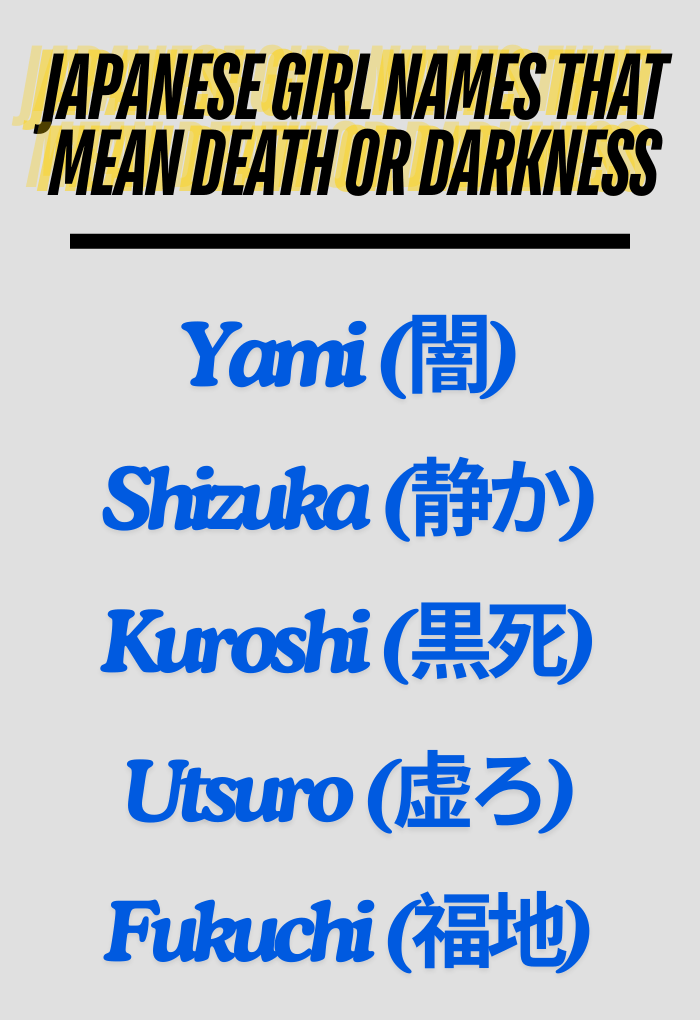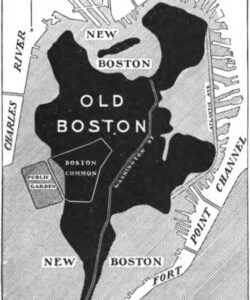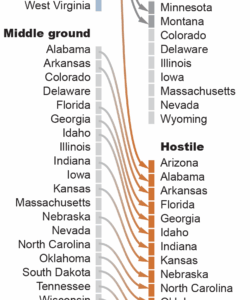The fascinating world of surnames often reveals a tapestry woven from history, geography, occupation, and even personal characteristics. Across cultures, names can describe a family’s ancestral home, their trade, or perhaps a notable ancestor. While many names evoke images of natural beauty, strength, or virtue, it’s also true that some, when dissected to their etymological roots, can carry surprisingly humble, or even less appealing, connotations.
When we consider Japanese surnames, our minds often conjure images of elegance, nature, or profound history. Names like Yamamoto meaning “base of the mountain” or Tanaka meaning “in the rice field” paint picturesque scenes. However, the depth of the Japanese language and its kanji characters means that meanings can be nuanced, and sometimes, the literal translation of a surname’s components might point to something unexpected, perhaps even something that by modern standards could be considered a bit “dirty” or unrefined. This doesn’t mean the people bearing these names are dirty, but rather that the historical context or literal kanji breakdown points to less glamorous origins.
It’s a testament to the rich linguistic heritage that even the most seemingly ordinary or beautiful Japanese names can harbor layers of meaning, some of which are far from poetic. This exploration isn’t about shaming names but about appreciating the diverse origins and the sometimes-humorous or surprisingly blunt nature of etymology. We’ll delve into a selection of Japanese last names meaning dirty, or at least those whose literal kanji components might suggest less-than-pristine or undesirable conditions.
Exploring Japanese Surnames with Unusual or Potentially Unflattering Meanings
- 芥川 Akutagawa
Perhaps one of the most famously intriguing names on our list, Akutagawa is a prominent surname, notably belonging to the celebrated author Ryūnosuke Akutagawa. The first character, 芥 (akuta), literally translates to “rubbish,” “dust,” or “refuse,” while 川 (gawa) means “river.” So, a direct translation gives us “Rubbish River” or “Refuse River.”
While the name is now synonymous with literary prestige, its literal meaning evokes images of a less-than-clean waterway, perhaps a place where debris accumulates or where the flow isn’t as clear as one might prefer. It’s a striking example of how a name’s historical context or natural description might initially refer to something less appealing, yet eventually become associated with something entirely different.

- 泥谷 Doroya
The surname Doroya combines two evocative kanji: 泥 (doro), meaning “mud,” and 谷 (ya), meaning “valley.” Together, they form “Mud Valley.” Imagine a valley where the ground is consistently soft, mucky, and perhaps prone to flooding, making it a challenging environment to traverse or settle in.
Historically, this name likely originated from families living in areas characterized by muddy terrain, perhaps near rivers that frequently overflowed or in low-lying, damp regions. While “mud” isn’t explicitly “dirty” in the sense of filth, it certainly implies a state of being soiled, messy, and far from pristine, which can be interpreted as a form of “dirty” or unkemptness.
- 沼田 Numata
Numata is a surname that paints a picture of its ancestral landscape. It combines 沼 (numa), meaning “marsh” or “swamp,” with 田 (ta), meaning “rice field.” Thus, Numata translates to “Marshy Rice Field.” Marshes and swamps are environments often characterized by stagnant water, decomposing vegetation, and a general murkiness.
While essential for certain ecosystems, a “marshy” field isn’t typically associated with cleanliness or ease of cultivation. It suggests difficult, waterlogged land, perhaps prone to mucking and harder to manage than dry, fertile ground. The implication of something less desirable or “dirty” in its natural state is certainly present here.
- 淀川 Yodogawa
This surname, which is also a famous river in Japan, is composed of 淀 (yodo), meaning “stagnant” or “sluggish,” and 川 (gawa), meaning “river.” The literal translation is “Stagnant River.” A stagnant body of water is one where the flow is minimal or absent, often leading to a buildup of sediment, algae, and a general lack of freshness.
The concept of stagnation is inherently linked to impurity or lack of cleanliness. A stagnant river evokes an image of water that isn’t flowing freely, possibly holding waste or becoming murky, which aligns with a “dirty” connotation. It’s a powerful descriptor for an environment that is far from vibrant or clean.
- 灰谷 Haitani
The surname Haitani is formed from 灰 (hai), meaning “ash,” and 谷 (tani), meaning “valley.” This gives us “Ash Valley.” Ash, the residue left after burning, is often associated with waste, residue, or something discarded. While ash itself can be sterile, its presence in large quantities or as a descriptor of a landscape can imply something less pristine.
A valley of ash might suggest an area prone to fires, or perhaps an old industrial site where ash was deposited. In either case, the term “ash” brings to mind remnants, dustiness, and a lack of fresh, vibrant growth, offering a subtle “dirty” or desolate undertone to the name.
- 湿田 Shitsuda
Shitsuda combines 湿 (shitsu), meaning “dampness” or “moisture,” with 田 (ta), meaning “rice field.” The name literally means “Damp Rice Field.” While rice fields are naturally wet, “damp” in this context might imply an overly saturated, boggy, or perpetually waterlogged field that is difficult to work with and prone to mud.
An overly damp field could be seen as less ideal, leading to mucky conditions for those tending it. The constant dampness suggests an environment that isn’t easily cleaned or kept tidy, potentially contributing to a perception of “dirty” or inconvenient living/working conditions.
- 古川 Furukawa
Furukawa is a common surname, combining 古 (furu), meaning “old,” and 川 (kawa), meaning “river.” This translates directly to “Old River.” While “old” isn’t inherently “dirty,” it can subtly imply something neglected, worn, or less fresh than a new or vibrant river. An old river might have slower currents, accumulated sediment, or a history of industrial use.
In a metaphorical sense, something old and unmaintained can be perceived as “dirty” or unkempt, lacking the clear, brisk flow of a fresh waterway. It evokes a sense of history and endurance, but also potentially a lack of pristine condition, hinting at a less-than-sparkling state.
- 黒田 Kuroda
Kuroda is another widely recognized Japanese surname, composed of 黒 (kuro), meaning “black,” and 田 (ta), meaning “rice field.” A direct translation would be “Black Rice Field.” Black, while having various symbolic meanings from elegance to mystery, can also be associated with dirt, darkness, or impurity, especially when describing soil or water.
A “black field” might refer to rich, dark soil, but it could also suggest a field that is muddy, perhaps burnt, or even metaphorically infertile or dark in character, depending on historical context. This ambiguity allows for an interpretation that leans towards a “dirty” or less ideal ground condition.
- 狭間 Hazama
The surname Hazama is formed from 狭 (haza), meaning “narrow” or “confined,” and 間 (ma), meaning “interval” or “space.” This results in “Narrow Interval” or “Confined Space.” While not directly referring to physical dirt, “narrow” and “confined” can imply living or working conditions that are less desirable, cramped, and potentially unhygienic simply due to lack of space or air circulation.
Historically, families living in narrow valleys, confined passes, or small, crowded dwellings might have adopted such a name. A “confined space” can metaphorically be seen as less clean or more challenging to maintain, hinting at a sort of “dirty” or impoverished living situation.
- 貧田 Hinda
Hinda combines 貧 (hin), meaning “poor” or “destitute,” with 田 (ta), meaning “rice field.” The literal translation is “Poor Rice Field.” While poverty isn’t a physical state of “dirty,” it is often associated with difficult living conditions, lack of resources, and an existence where cleanliness might be a constant struggle or a lower priority.
A “poor field” would be one that yields little, leading to hardship for the family dependent on it. Metaphorically, poverty can be considered an undesirable or “dirty” aspect of society. This surname points to humble origins and the struggles associated with economic hardship, offering a less appealing context for its bearers.
This deep dive into Japanese last names meaning dirty, or at least those with surprisingly unglamorous literal interpretations, reveals the incredible linguistic tapestry that underpins naming conventions. It shows us that while many surnames have beautiful or heroic origins, just as many are rooted in the pragmatic, the humble, or even the less-than-pristine aspects of daily life and natural surroundings. Understanding these etymologies doesn’t diminish the names themselves but enriches our appreciation for the multifaceted nature of language and history.
The names discussed here, when stripped down to their kanji components, offer a unique glimpse into the lives, landscapes, and even challenges faced by our ancestors. It’s a testament to the adaptability and descriptive power of language, where a name might simply be a geographical marker or a reflection of circumstances, rather than a judgment. This exploration reminds us that every name tells a story, and sometimes, those stories are wonderfully, unexpectedly, and charmingly “dirty.”



